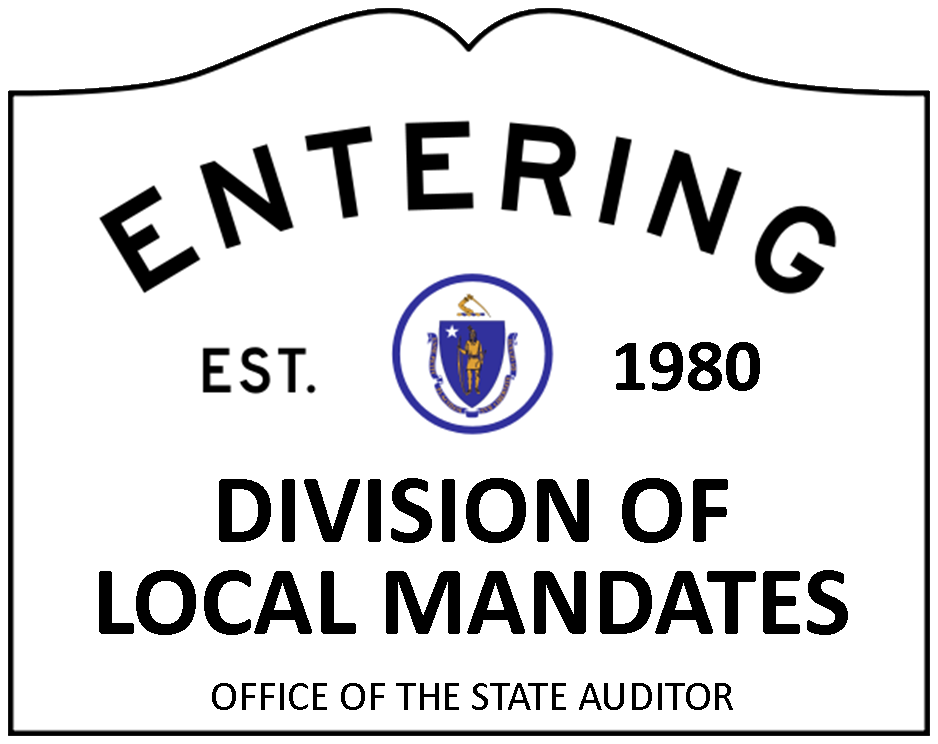- Office of the State Auditor
- Division of Local Mandates
Media Contact
Noah Futterman

Boston — Massachusetts has one of the highest hourly requirements for in-service police training in the nation, at 40 hours of in-service training annually. However, a study released today by State Auditor Suzanne M. Bump notes the state does not provide enough training opportunities to allow officers to meet this requirement and has no mechanism to hold officers and municipalities accountable for meeting it. The report, Municipal Police In-Service Training: Funding and Cooperation across the Commonwealth, urges the state to use the recently enacted rental car surcharge to supplement existing financial support for the Municipal Police Training Committee (MPTC), while taking steps to bolster facilities, improve guidance on training requirements, and expand accountability.
“Modern policing requires that officers have access to cutting-edge training on topics such as de-escalation and dealing with individuals with mental health or substance use challenges. However, it is clear the Commonwealth’s approach to police training has strained municipal government budgets and left local departments to fill the gaps left by the state,” Bump said. “By bolstering funding, expanding training opportunities, improving facilities, and increasing accountability, we can ensure that men and women in local law enforcement have the skills to keep our communities safe.”
Accountability
Currently, Massachusetts is one of four states that does not have a police licensure and certification process in place for in-service training. Bump’s study estimates that as many as 30 local police departments may not be meeting the Commonwealth’s in-service training requirements and as many as nine of those departments may not provide any in-service training at all. To improve accountability, Bump calls on the Legislature to establish a Police Officer Standards and Training (POST) system. This system would set minimum training standards, regulate training programs and curricula, and set standards for maintenance of police licensure or certification.
Training and Facilities
“When our police officers put on their duty uniforms each shift, we owe it to all of them and the members of their respective communities, to ensure they have the requisite training, skills, and experience to effectively navigate the difficult situations they will no doubt face in the line-of-duty,” said Chelsea Police Chief Brian Kyes, who also serves as the president of the Massachusetts Major Cities Chiefs of Police. “Limited funding and a lack of sufficient training resources from the state have forced local departments to forge ahead on their own paths to meet this important need. I strongly encourage state leaders to act on the recommendations that are made in this report to ensure that all local law enforcement officers have access to consistent, high-quality training that will help them keep their communities safe and secure.”
In the report, police chiefs points to a lack of curriculum diversity, limited course sections and course capacity, a shortage of training instructors, and inadequate facilities as primary reasons the MPTC is not meeting the training needs of municipal police departments. The report projects that at best, the MPTC directly provided in-service training courses to only 38.4 percent of eligible municipal officers in 2019.
To address the problems, Bump calls on the MPTC to develop a long-term strategic plan to submit to the Legislature. The plan would identify current operational capabilities, highlight shortcomings in curriculum and capacity, and make recommendations to the Legislature on needed improvements to training facilities. Additionally, she calls on the MPTC to more effectively communicate in-service training requirements to local police departments.
Funding
“This report makes clear the rental car surcharge is helping to improve municipal police training in the Commonwealth, however, it also shows, our work is not done,” said Representative David P. Linsky, who was a champion of the rental surcharge legislation. “We must continue our investment in the MPTC, while seeking new strategies to provide local law enforcement with the necessary training and tools to help them best serve our communities, without adding to the financial burdens on local governments.”
The study shows the MPTC does not have enough funding to provide the required in-service training for officers. This has placed the financial burden of providing this training on municipal police departments. Bump estimates the MPTC spent between $1 million and $1.5 million on statewide in-service training in from July 2018 through June 2019, while local police departments spent nearly $23 million during the same period to meet training requirements and other associated costs.
In January 2019, the state implemented a new $2 surcharge on rental vehicle contracts to help pay for police training through the MPTC. The report estimates this new fee will generate approximately $5.7 to $6.2 million in revenue in 2019, far short of the $10 million some estimated it would generate. Bump warns that although this additional source of funding is a step in the right direction, the revenue produced is still not enough to cover the full costs of in-service training. As such, she calls on the Legislature to use the new revenues from the rental car surcharge to supplement the existing annual budgetary line item for the MPTC.
Established in 1964, the MPTC is an agency within the Executive Office of Public Safety and Security (EOPSS), responsible for regulating police training throughout the Commonwealth. The MPTC currently operates academies in Randolph (MPTC headquarters), Boylston, Plymouth, Reading, and Springfield. The agency also oversees and authorizes non-MPTC operated training centers for the Massachusetts State Police and the MBTA Transit Police, and other municipal facilities.
The Office of the State Auditor’s Division of Local Mandates (DLM) produced the study. In addition to responding to requests from local governments about potential unfunded mandates, DLM also produces Municipal Impact Studies, such as this one, that provide deep analysis of aspects of state law that have significant fiscal impacts on municipalities.
The full study is available here.
###
